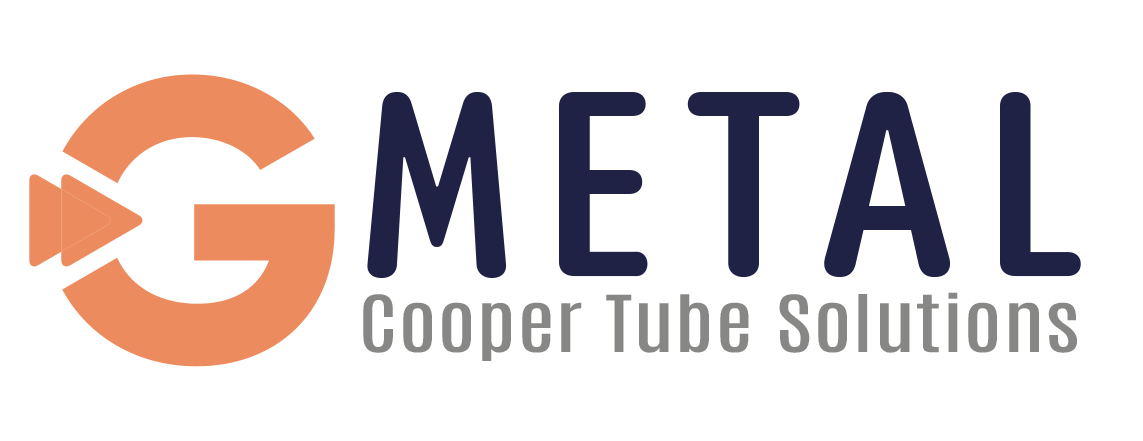How to Find Careers in Substance Abuse Treatment & Recovery
Turn to your support network—whether that be a counselor, friends, others in recovery—to ask for help if you’re feeling overwhelmed. At times, Cindy has met with the partners, parents, and children of clients to help them adjust to the circumstances of a recovering individual. This can help them identify and resolve residual feelings after watching their loved one struggle with addiction. Working on the frontlines of the SUD crisis, we understand the urgent need for innovation to solve employment issues that a lack of job support presents. Our team works with recovery communities to find jobs, fill gaps, create opportunities, and define pathways that don’t yet exist.
Take Control of Your Recovery and Your Career
Tulvey had been working as a warehouse manager for a construction company, and through rehab and the assault charge, his boss agreed to keep him on. Doug Kiker (left) and Dan Schmalen are founders of Retrofit Careers, a job portal for those in successful drug and alcohol recovery. Counselors generally assess clients and work with them and their families to address their addiction and make the necessary changes. Whereas therapists have an in-depth clinical understanding of addiction and can treat a patient individually with a range of behavioral interventions. There are a range of counseling careers that differ in terms of the level of support and expertise provided, and the qualifications and licensure required for the position. At times, you may feel urged to return to old vices to manage feelings of depression and anxiety.
Peer Support
- An advanced degree can even lead to a career as a clinical psychologist or addiction research scientist.
- More than 23 million adults—or 10 percent of American adults in 2012—identified as being in recovery from drug or alcohol abuse.
- People in your life who understand where you are, where you’ve been, and your commitment towards contributing as a productive member of society may be able to connect you with job opportunities.
- Looking within yourself and seeking support from a professional counselor, loved ones, and job assistance professionals can help you determine your next steps forward.
- Finding a job while in recovery can be a challenging process, but it is possible to transition back into the workforce while maintaining your sobriety successfully.
Depending on your chosen career path, you may need to earn state licensure or certification to practice. You can also gain experience through internships or entry-level positions. Remember, the pathway to a career in addiction and recovery can vary greatly depending on your individual https://www.balakovo.ru/board.php?site_id=3&set=2&group=14 goals, interests, and circumstances. Nurses specialize in monitoring and treating patients for substance use disorders within the facility. Nurses help provide pain management throughout a client’s stay and important information about substance abuse and its dangers.
Limited Social or Professional Connections

A balanced diet can play a crucial role in recovery, helping to repair physical damage caused by addiction and boosting overall health. You will work directly with individuals addicted to drugs or alcohol, offering personal or group therapy and consulting with the family members of clients. You’ll be skilled in identifying, http://zdoroviedetey.ru/node/1330 assessing, and addressing addiction. You’ll also learn to discover the root causes of addictive behaviors. Nearly three-quarters of Ready to Work’s trainees successfully move on to permanent housing after about a year in the program. Despite these failures, Housing First remains the priority for federal and state funding.

Office of Addiction Services and Supports
You’re finding new parts of yourself every single day and navigating what could be a whole new world for you. Take your time and count the wins, no matter how small they may be. Eventually, Tulvey got a job with the recovery house where he lives — they knew http://ita-lab.ru/blog/good/page397/ about his past, but also trusted that he was a good guy. According to the Legal Action Center, nearly 75 percent of formerly incarcerated individuals in the United States are unemployed a year post-release due to stigma related to their criminal record.
- You may have business owners within your support group who would consider hiring you, or people who would be glad to act as references.
- Your therapist, support group members, and friends and family who support your recovery can offer valuable guidance and encouragement as you navigate the job search process.
- Therapists are credentialed and hold an up-to-date license to practice, whereas not all counselors have a license.
Parents and other caretakers in recovery may have dependents to take care of. There are several reasons why a person might choose to seek out new employment in early recovery from addiction. Not everyone begins the job-searching process with the same motivations or goals.



Leave a Reply
Want to join the discussion?Feel free to contribute!